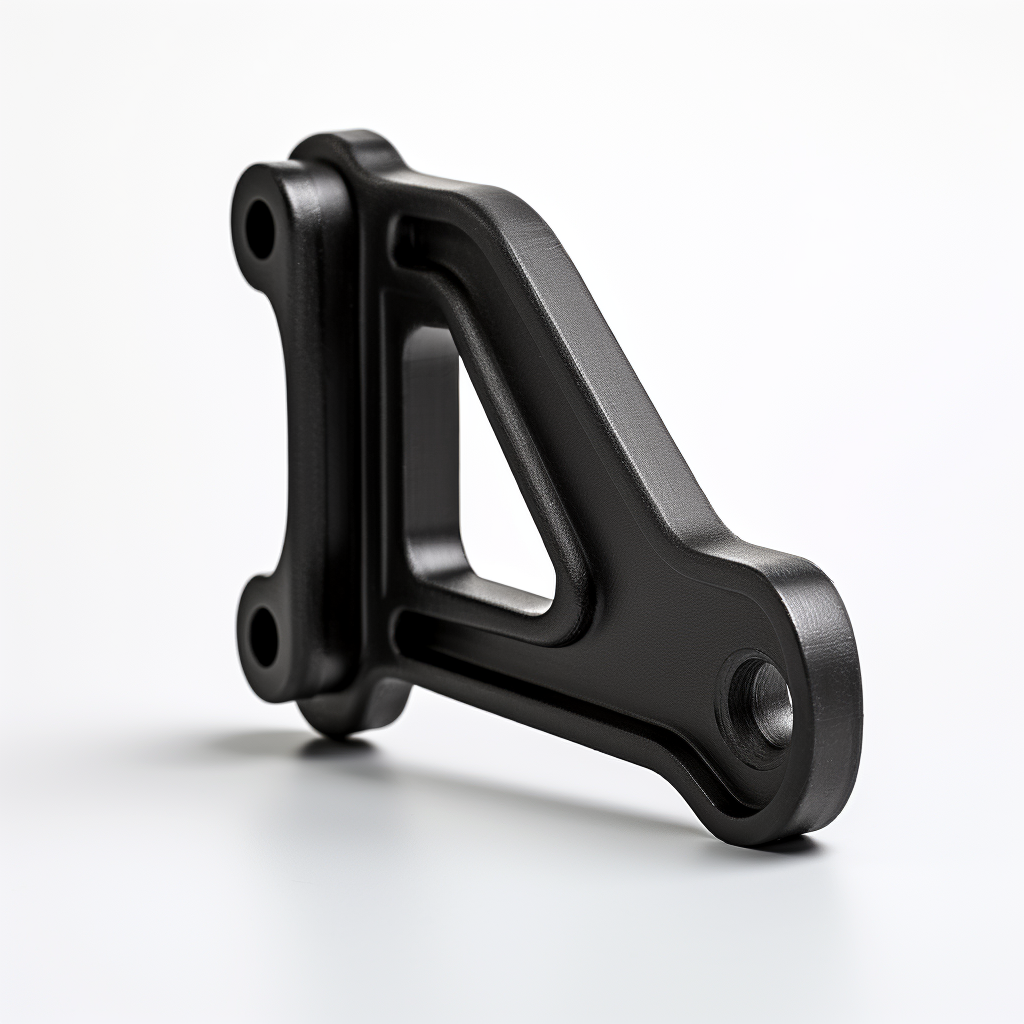
PP Plastic (Polypropylene) Selection Guide
Polypropylene (PP) is a versatile thermoplastic polymer known for its excellent chemical resistance, low cost, and wide range of applications. In this web page, we will explore the different types of polypropylene, its numerous advantages and disadvantages, and the diverse industrial applications where polypropylene plays a crucial role.
PP (Polypropylene) rapid manufacturing, & custom molded parts are available now!
Check with one of Canyon’s helpful product engineers for an expert material and manufacturing recommendation.
Common names include: PP (Polypropylene), Trade Names: Profax®, Moplen®, Marlex®, Purell®, Inspire™, Totalene®, Flametec®, Ensipro®, Proteus®, Fortilene®, Polystone®, Orthoform®, ProComp®, Sanatec® PP, Protec™ PP, Propylux®, TECAFINE® PP, Protec™ CoPP, SIMOLIFE, Versadur®, Flametec®.

Advantages
- Chemical Resistance: PP is highly resistant to a wide range of chemicals, acids, and bases, making it suitable for use in corrosive environments.
- Low Cost: Polypropylene is cost-effective compared to many other engineering plastics, making it a budget-friendly choice.
- Lightweight: PP is lightweight, which is advantageous in applications where weight reduction is important.
- High Heat Resistance: Polypropylene can withstand moderately high temperatures without significant degradation, making it suitable for a wide range of environments.
- Electrical Insulation: PP is an excellent electrical insulator, making it suitable for electrical and electronic applications.
- Recyclability: Polypropylene is recyclable, and many PP products can be repurposed into new materials.
- Fatigue Resistance: PP exhibits good fatigue resistance, making it suitable for applications subjected to repeated stress.
Disadvantages
- Not Suitable for High-Temperature Environments: PP has a lower heat resistance compared to some other engineering plastics and may soften or deform at elevated temperatures.
- Not Suitable for High-Impact Applications: While it has good impact resistance, it may not perform as well as some other plastics in high-impact applications.
- UV Sensitivity: Polypropylene is sensitive to ultraviolet (UV) radiation and may degrade when exposed to prolonged sunlight. UV stabilizers can be added to mitigate this issue.
Common Applications of PP
- Medical Devices: Polypropylene is used in medical devices such as syringes, labware, and medical packaging due to its biocompatibility and chemical resistance.
- Automotive: Polypropylene is used in automotive components like bumpers, interior trim, and battery cases due to its lightweight nature and impact resistance.
- Textiles: PP is used in textiles for applications like carpeting, upholstery, and geotextiles due to its durability and resistance to moisture.
- Electrical and Electronics: PP is used for electrical connectors, insulators, and housing due to its electrical insulating properties and cost-effectiveness.
- Consumer Goods: PP is used in various consumer products like food containers, toys, and kitchenware due to its cost-effectiveness and chemical resistance.
- Agriculture: Polypropylene is used in agricultural applications for irrigation systems, greenhouse coverings, and packaging materials due to its resistance to moisture and chemicals.
- Construction: PP is employed in construction materials like pipes, fittings, and insulation due to its durability and corrosion resistance.
- Packaging: PP is widely used in packaging materials such as bottles, caps, containers, and film due to its chemical resistance and low cost.
Please consult a Canyon Components Engineer about your specific application and we will use our decades of experience to formulate a solution that fits your need.
Types of PP
PP can come in different variations, depending on its composition and intended use. Some common types of PP include the following.
Canyon Components strives to meet all customer service requests. Feel free to contact Canyon Components engineering and let our knowledgeable staff help you design the perfect part for your needs.
Homopolymer PP
This standard type of Polypropylene offers excellent rigidity and strength, making it suitable for a variety of applications including packaging, textiles, and automotive components. It is known for its good chemical resistance, high melting point, and ease of fabrication.
Random Copolymer PP
Characterized by improved impact strength and clarity compared to homopolymer PP, this type is often used in consumer goods, medical devices, and food packaging. Random Copolymer PP is ideal for applications that require a balance of toughness and aesthetics.
Block Copolymer PP
Offering enhanced impact resistance, especially at low temperatures, Block Copolymer PP is suitable for industrial and automotive applications that demand durability. This type is often used in battery cases, bumpers, and containers that require high strength and toughness.
High Impact PP
Specifically engineered for high impact resistance, this type is ideal for products that undergo rough handling or are prone to impact. Common applications include durable consumer goods, industrial containers, and protective gear.
Biaxially Oriented PP (BOPP)
Known for its high clarity, strength, and barrier properties, BOPP is extensively used in packaging materials such as snack bags, labels, and tapes. The biaxial orientation process significantly enhances its mechanical and optical properties.
Long Fiber Reinforced PP
This type incorporates long fiber reinforcements to dramatically improve its strength and impact resistance. It's widely used in automotive and aerospace parts, sports equipment, and industrial applications where high performance and durability are essential.
Please consult a Canyon Components Engineer about your specific application and we will use our decades of experience to formulate a solution that fits your need.
Manufacturing Options for PP
PP parts can be manufactured using several methods, each suitable for different applications and part complexities.
Each of these methods has its own advantages, limitations, and cost implications. The choice of manufacturing technique usually depends on factors like the complexity of the design, required precision, material properties, and production volume.
Canyon Components strives to meet all customer service requests. Feel free to contact Canyon Components engineering and let our knowledgeable staff help you design the perfect part for your needs.
Back to Plastics Hub

Get A Quote Now!

Groove Design References
Learn More
Coatings, Packaging, & Other Services
Learn More
Custom Parts & Custom O-rings
Learn More
